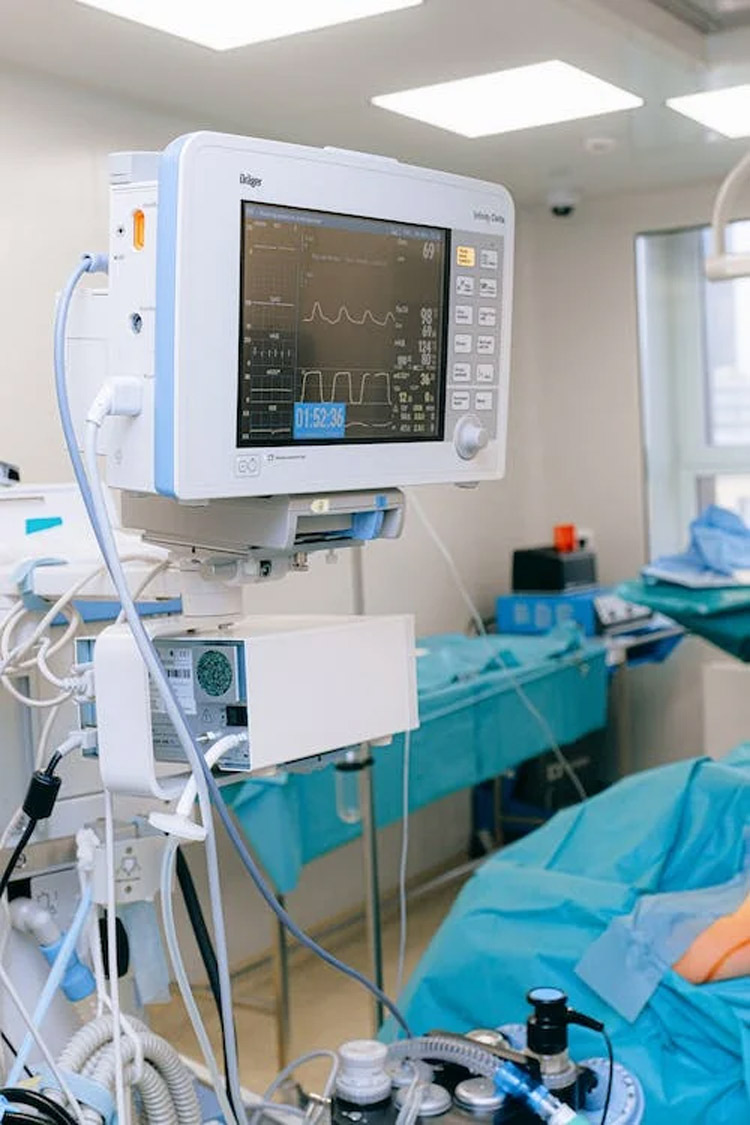
Logistics Executive Job Description, Key Duties and Responsibilities
If you are searching for the job description of a logistics executive, this article will provide you with the information you need.
It highlights the key duties, tasks, and responsibilities that commonly define the logistics executive work description in most organizations.
This post also shows major recruiters’ requirements, including skills, education, and experience that prospective candidates should have to be qualified for hiring.
Please, read on to have a deep understanding of the logistics executive career.
What Does a Logistics Executive Do?
The Logistics executive is responsible for the planning, organizing, and directing; managing and evaluation of the supply chain/logistics operations in an organization.
They also work with internal and external teams to ensure accurate shipping and delivery schedule for new and existing products.
They can work with manufacturing organizations, trading companies, Pharmaceuticals, etc.
The logistics executive job description entails developing integrated logistics management systems, collaborating with other departments, including sales, marketing, and order management; accounting and shipping.
It also involves performing analysis of the overall budget/expenses for the logistics operations of the organization and determining the most cost-effective and efficient means of transportation services.
Logistics executives are also responsible for the direct day-to-day operations to ensure achievement of cost, productivity, or accuracy, or timeliness objectives of the department, as well as manage logistics personnel and systems.
They work together with logistics planners to forecast demand in their markets and build logistics plans to guarantee availability of products or services, and streamline processes and flow of goods from point of order to delivery.
They are also responsible for providing an uninterrupted flow of materials, supplies, and services to meet customer demand.
The logistics executive work description also entails negotiating pricing, driving improvements in supplier performance, and evaluating all viable sources of supply with the goal of minimizing costs and meeting budget constraints.
It also involves monitoring all production inventory quantities, helping to maintain planned Inventory Stock levels and inventory tracking spreadsheet, and providing monthly report of inventory valuation and silver mass balance to management.
In order to improve the organization’s competitive position, the logistics executive also ensures that there is a supportive and productive working relationship with vendors and other departments.
Logistics Executive Job Description Example/Sample/Template
The logistics executive performs various functions, which primarily involves providing overall management of the logistics operation and overseeing the planning, scheduling, and quality inspections of the work performed by the logistics team.
They are also responsible for managing and executing transportation operations in the organization’s network.
The major tasks, duties, and responsibilities of the logistics executive are listed in the job description example below:
- Provide relevant data and analysis to the operations team throughout the supply chain
- Responsible for harmonizing and monitoring supply chain operations
- Take responsibility for the success or failure of material shipping and delivery schedule
- Responsible for troubleshooting any concern related to international freight transportation
- Work with existing transportation suppliers on optimal delivery rate and routing
- Ensure that internal teams recommend the most advantageous transportation modes, routing, equipment or frequency
- Responsible for establishing specific supply chain-based performance measurement systems
- Direct and follow-up with incoming materials and outgoing finished products to ensure prompt delivery to customers
- Work with and monitor the efforts of partners in the supply chain to ensure smooth operations
- Responsible for utilizing logistics IT systems or software to optimize procedures
- Responsible for planning and tracking the shipment of final products according to customer requirements
- Responsible for the preparation of appropriate and accurate logistics reports for upper management
- Monitor deliveries and ensure customer satisfaction
- Responsible for maintaining accurate logs of all transportation and goods.
Logistics Executive Job Description for Resume
You can apply the sample logistics executive job description provided above in completing the professional experience section of your resume.
If you have worked previously as a logistics executive or are currently working in that position and need to make a resume for a new job, you will have to add the professional or job experience section to your resume.
You can create this section by highlighting the duties you have carried out working as a logistics executive.
You can easily and conveniently create your professional experience section by using the logistics executive duties shared in the above job description example.
Logistics Executive Requirements – Skills, Knowledge, and Abilities for Career Success
If you are seeking the logistics executive job, you have to know that most recruiters will expect you to possess certain skills, abilities, education, experience, etc. to qualify to access the available position.
This is required by them to be sure that candidates are able to effectively perform the obligations, purpose, and objectives of the logistics executive role that will be assigned to anyone that is eventually hired.
Given below are major requirements most employers for the logistics executive job will expect candidates to meet to be considered for employment:
- Education: To work as a logistics executive, applicants for the logistics executive role must possess a minimum of Bachelor’s degree in Business, Economics, or Supply Chain; International Business or Business Administration, or a related field
- Knowledge: They may be required to have practical sales or marketing experience in addition to working knowledge of logistics and supply chain operations
- It is also important that they have a demonstrated knowledge of industry trends and best practices with respect to warehouse safety, supply chain management, and inventory control procedures. Recruiters may also seek for candidates with a working knowledge of replenishment orders and demand planning
- Analytical skills: Logistics executives are also responsible for providing data analysis to the operations teams. So it is essential that they have analytical and experience with data analytics and planning
- Organizational skills: To be successful on the job, logistics executives must be organized and able to effectively prioritize and execute tasks while under pressure in a fast-paced environment. They must be willing to adapt quickly to changing policies and procedures
- Communication skills: Communication is needed for working with people and completing job tasks effectively. So, it is important that applicants have exceptional written, verbal, and interpersonal communication skills
- Computer skills: To perform their job effectively, logistics executives must have advanced skills in Microsoft Office applications especially in Excel, and also have skills in utilizing logistics and Freight Management System (FMS) software.
Conclusion
If you are recruiter or HR manager needing to hire the best logistics executive that you can find, you should publish the job description, detailing all the duties and responsibilities the successful candidate will be assigned in your organization.
This will help prospective candidates to understand your demand and expectation for the logistics executive position.
They will then be able to decide if they have the competence to perform the duties and responsibilities of the job as highlighted in your description of the role.
The result of this is that only candidates who are confident of being able to perform the stated functions of the role will apply for it. And that makes your chances of finding the best qualified candidates to hire brighter.
This post is also helpful to individuals interested in the logistics executive career to learn all they need to know about the duties commonly assigned to the role.
Did your knowledge of what logistics executives do increase by reading this article? Please, leave a comment in the box below. You may also discuss your job description if you work as a logistics executive.












